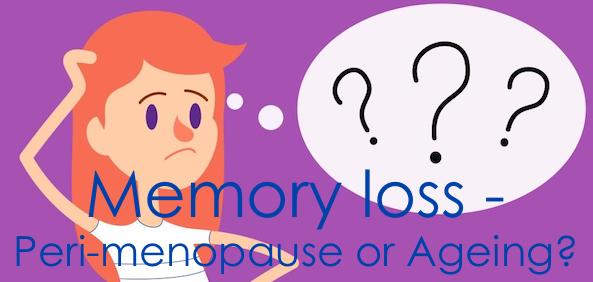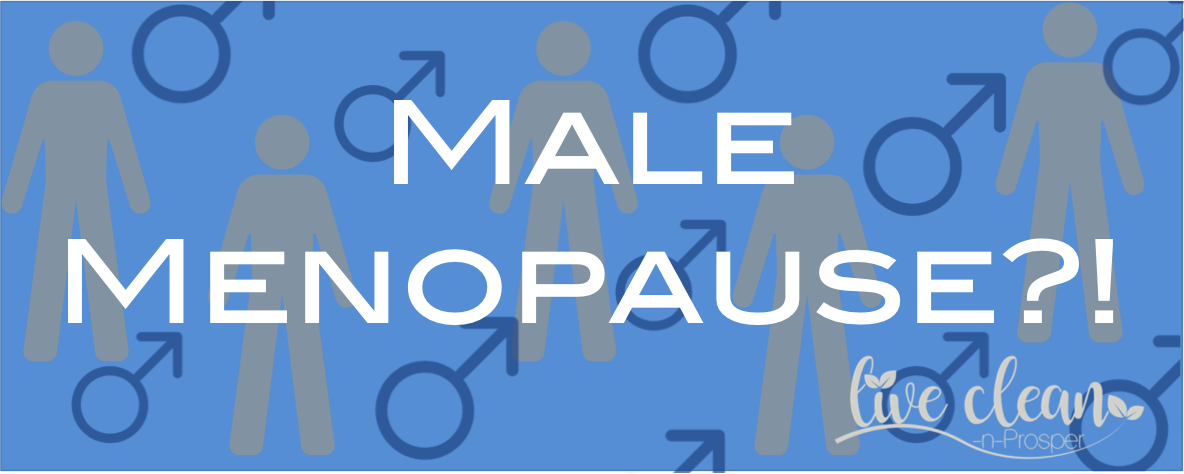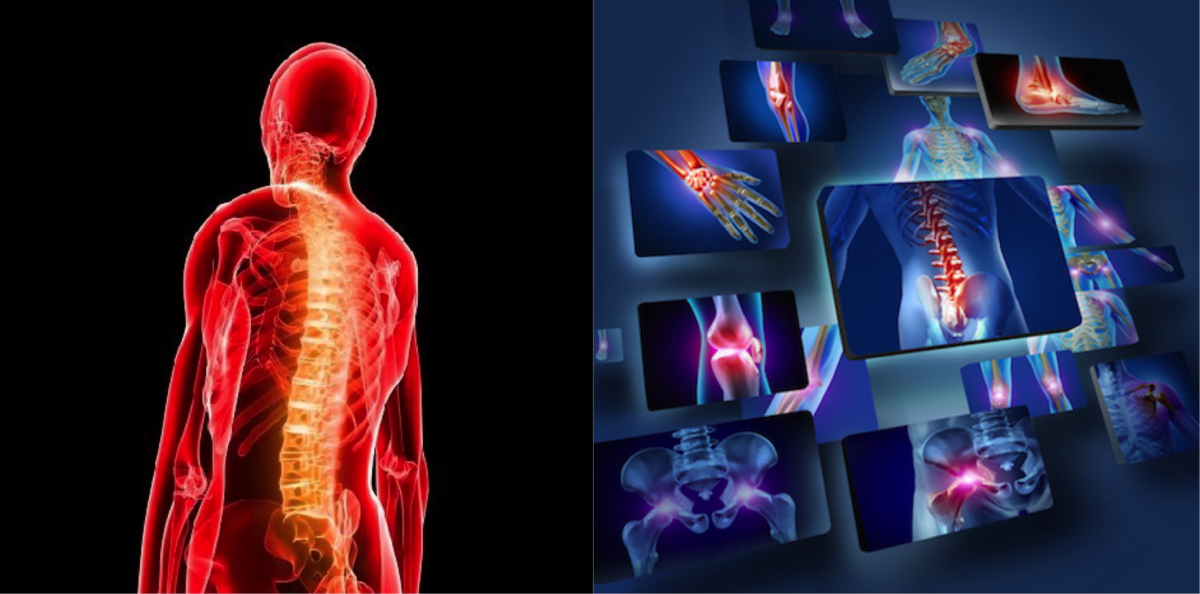Todays post is about Memory loss, is it Peri-menopause or Ageing?
Over the last few months, some of my female work colleagues and I have been discussing how occasionally we find ourselves suffering from a lack of concentration, memory loss and feeling a bit ‘scatterbrained’.
This got me thinking. Is this a sign of ageing or is this is another reminder of ‘peri-menopause’? Or maybe both!
About Memory
Webster’s Dictionary defines memory as “the mental capacity or faculty of retaining or recalling facts, events, impressions, or previous experiences”. Therefore memory loss would be fleeting periods when a person loses the mental capacity or faculty of retaining or recalling information.
As we get older, one of the most common changes that we notice is memory change.
Scientists say that the brain begins to lose sharpness of memory and powers of reasoning and understanding not from 60 as previously thought, but from as early as 45.
Their evidence comes from a large study of more than 7,000 civil servants aged between 45 and 70. The 5,000 men and 2,000 women agreed to undergo verbal and written tests on three occasions over a 10-year period for what is called the Whitehall II study.
Knowledge of how memory changes as we get older is a lot more positive than in the past. Memory change with healthy ageing certainly doesn’t interfere with everyday life in a dramatic way.
However, everyone is different and the effect of getting older on memory is different for each person.
Ageing can affect the memory in different ways, such as attention processes, the ability to get new information into storage, the time it takes to recall things, and “on the tip of the tongue” experiences.
Research also suggests that immediate memory and lifetime memory do not change as we get older.
The difficulty of being able to think straight is also a common symptom associated with the onset of peri-menopause.
What causes memory loss during peri-menopause?
In the case of memory lapses, oestrogen plays a special key role. It has a large effect on the functions of the brain and influences language skills, mood, attention, and a number of other functions, including memory. Oestrogen is directly linked to verbal word fluency (the ability to remember names and words). It’s no wonder then that as a woman’s oestrogen levels begin to drop, her memory may suffer.
Many women start to experience peri-menopausal symptoms from the age of 45 onwards.
Add to that now that our memory is affected by ageing from the age of 45 onwards, ageing women have a lot to deal with.
All is not lost, as there are some things we can do to exercise our brain and improve our brain ‘fitness’.
- Avoid harmful substances and eat a well balanced diet. Excessive drinking and drug abuse damages brain cells.
- Challenge the brain by reading widely, keeping mentally active, and learning new skills. These pursuits strengthen the brain connections and promote new ones.
- Make sure we get regular and adequate sleep.
- Use a notepad and carry a calendar. This may not keep your memory sharp, but does compensate for any memory lapses.
- Organise some of those personal belongings. Use a special place for necessary items, such as car keys and glasses.
All of this science is great and helps me to understand that it’s not ‘just me’, though it does not help my brain cope with the occasional lapses in memory.
However, dairies and calendars have become quite important fixtures in my life lately. This ensures I don’t forget important things. I will also keep up my creative pursuits, quizzes and crossword puzzles for that bit of ‘brain training’.
Till the next post,
Live Clean n Prosper
Sources – www.fightdementia.org.au – www.theguardian.com



